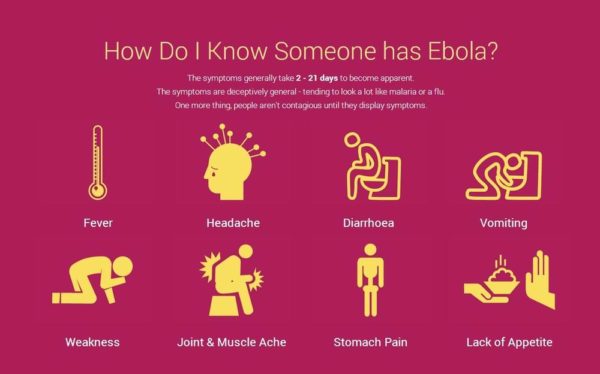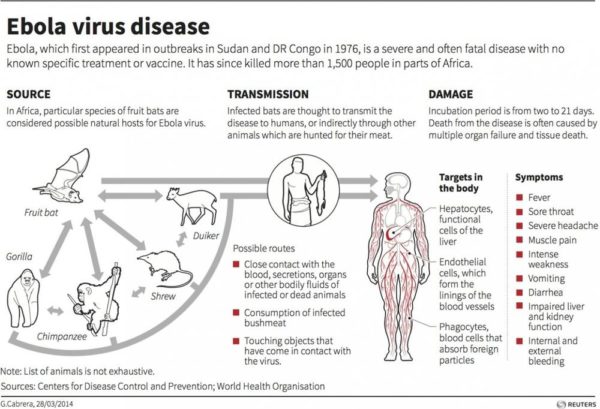Features
Ask Dr. Craig!: Salt Showers & Other Ebola Myths
 BellaNaija is pleased to announce a new column for our special readers – ‘Ask Dr. Craig!‘ Dr. Craig is a BellaNaija columnist and one of the doctors who writes for BN Doctors’ Lounge {Get familiar here}. The idea behind ‘Ask Dr. Craig!’ is for BN readers to get quick sharp answers to niggling medical issues that they have. This does not in anyway mean that readers should not go to their doctors. However, sometimes you just need a human face to give answers to those fast, burning medical concerns our readers have.
BellaNaija is pleased to announce a new column for our special readers – ‘Ask Dr. Craig!‘ Dr. Craig is a BellaNaija columnist and one of the doctors who writes for BN Doctors’ Lounge {Get familiar here}. The idea behind ‘Ask Dr. Craig!’ is for BN readers to get quick sharp answers to niggling medical issues that they have. This does not in anyway mean that readers should not go to their doctors. However, sometimes you just need a human face to give answers to those fast, burning medical concerns our readers have.
Send your questions for Dr. Craig to features(at)bellanaija(dot)com stating your full name and where you are writing from. (Your name will never be published) The editor reserves the right to edit submissions for content brevity and clarity. We regret that we cannot provide individual answers to questions sent in and cannot state at which exact date answers would be published.
We hope that people will find help by reading and sharing. We look forward to reading your emails and tweets with questions for Dr. Craig.
****
Dear Dr. Craig
Can salt help stop Ebola? Please reply.
Salt-Scared. Lagos
Dear Salt-Scared
No! It can’t.
Salt is ‘bacteriostatic’ meaning it will slow the growth of most BACTERIA. Some salts, (eg Dead Sea salts) are also ‘bactericidal’ meaning they can kill some bacteria as well.
Ebola however is a VIRUS and is unaffected by salt. Bathing, drinking or, applying salt will have no beneficial effect whatsoever. (Same goes for pepper, vinegar, kolanuts, “Agbo Jedi-Jedi” or “Burntashi”)
A person with Ebola is only infective when they begin to show symptoms. What this means is that you are very unlikely to contract the virus from a person who is not visibly ill.
Even though early symptoms may mimic other common febrile illnesses, the characteristic external bleeding from the mouth and nose and other sites as well as red eyes and mucous membranes clearly distinguish Ebola from other illnesses that cause fever and malaise.
Epidemiological research shows that majority of those who get infected are close family relations, carers and medical personnel who have been involved in the one on one treatment and care of victims. Persons who have handled corpses of Ebola victims are also prone. What this means is that unless you are a doctor, nurse, relative of an Ebola victim or an undertaker, your risk of contacting Ebola is (theoretically) very low.
Spread information, not fear.
For more information please visit ebolafacts.com
Disclaimer: This column is written for patient education. It is not intended to diagnose or prescribe treatment and does not replace the advice of your physician. It in no means attempts to cover the full medical scope of this condition.
Photo Credit: VisualScience.ru | G. Cabrera/ Reuters
























